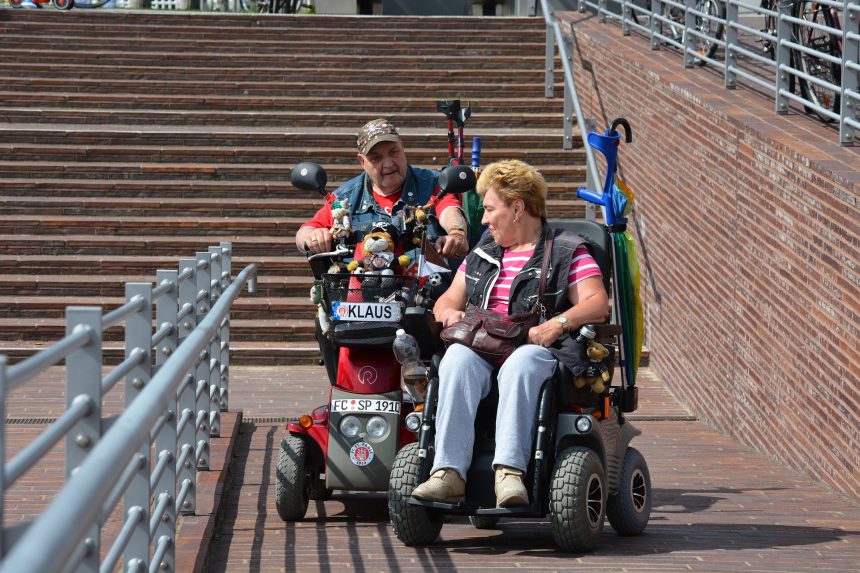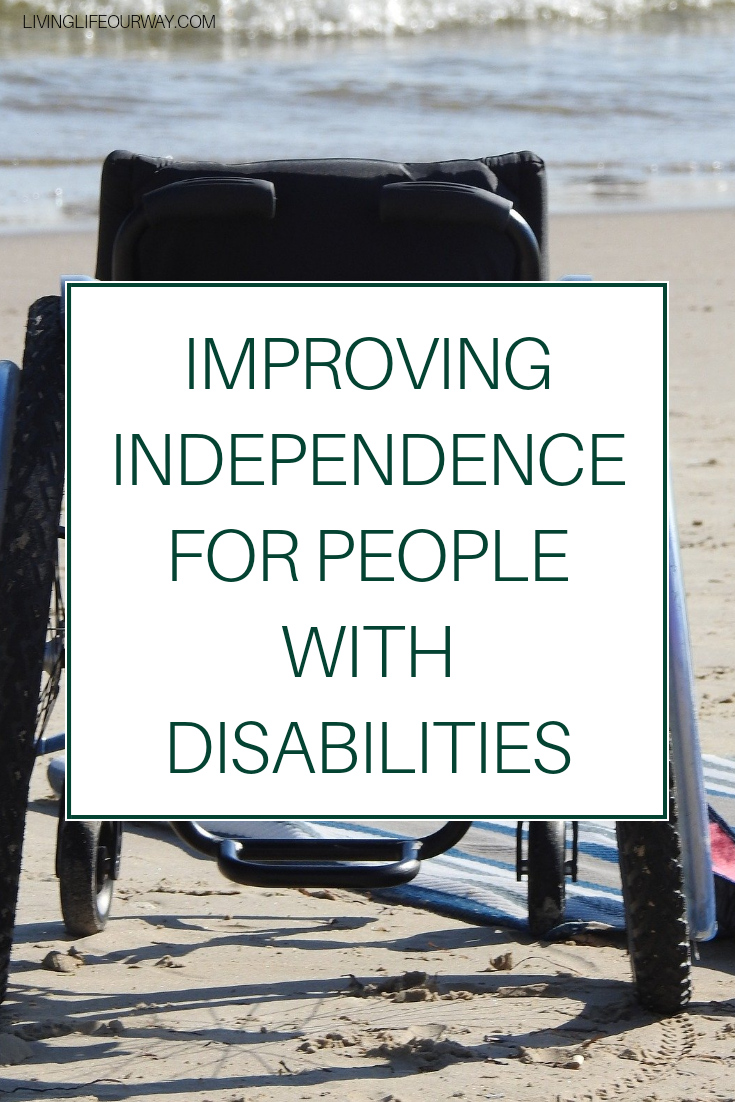There is no denying that caring for another person, whether adult or child, can be an emotionally and physically exhaustive endeavour. When it comes to caring and supporting those with specific needs, it often requires a level of resolve. This is true regardless of the nature of the disabilities that the person you care for has. Of course, I hope it would go without saying, there is a vast amount of positives in being a carer too! There are many moments of happiness for both carer and the care-receiver. One example is the sense of achievement when managing to collaborate on enabling improved independence; a task that sometimes feels near impossible. Victories (even the tiny ones) can be life changing.
Don’t Make Things Harder on Yourself
It is my belief that when facing a challenge, or working towards a goal, things should be kept as simple as possible. This is just as true for those with disabilities, and their carers, as it is any other aspect of life. I do not think you should make things more complicated for yourself than need be and in turn keeping it simple will make things easier for the person (or people) you are caring for too. When it comes to enabling independence, freedom and facilitating day-to-day experiences there is something to be said for making strong use of tools, gadgets and modifications to the environment.
The Right Tool for the Job
There are a lot of options available to help those we care for to maintain various levels of independence. When it comes to the home, there are all kinds of possibilities. Whether the struggle is mobility or motor function. For getting about, there are domestic walking aids, rails, walkers or rollators for example. Naturally, there are variations of all these different options that range from toddlers to the elderly.
For the kitchen you can get anything from non-slip mats, to knob turners, jar openers and tap turners. Of course, in bathroom there are modified shower accessories, specialised mats and rails, as well as bath boards and steps. This is only the tip of the iceberg.
Outside of the home, when out and about; you have walking aids, portable ramps, text to voice technology, sensory aids (such as ear defenders) and high vis clothing for starters. Motorised wheelchairs, such as these powered wheelchairs from Fenetic Wellbeing, can massively aid the independence of wheelchair users, as well as making their carer’s life easier too.

There’s an App for That (Probably)
It is undeniable that there are options out there for all sorts of situations; tools for almost every possibility. Smartphones and smartwatches themselves can be a force for good in this area too. Accessibility apps come in all different forms.
The First Step to Finding Solutions is Knowing Your Options
When things are overwhelming, it can be difficult to find the time, but it is certainly worth taking time to do some research, especially if you know there is a particular area your care receiver would like to have more freedom with. Whether it is physical tools, mobility accessories, or specially configured smart technology, there are possibilities out there well worth exploring. With so much variety to assist independence for those that need it, there will hopefully be something that enables both the carer and person with disabilities to achieve the greater independence that both are striving for. Which therefore enables a better overall quality of life.
*This is a collaborative post

